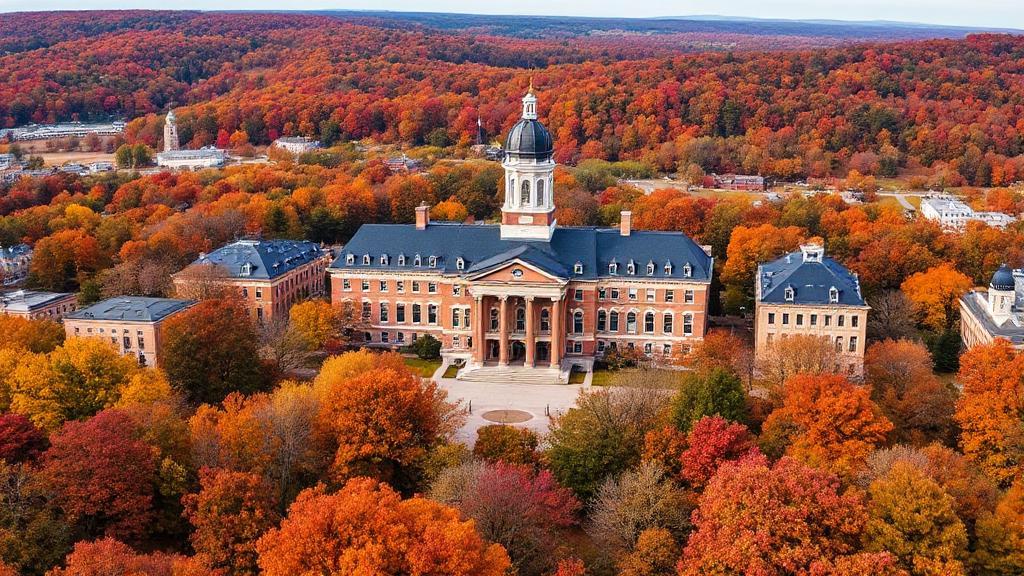Understanding the Penn State System
Penn State's multi-campus system is designed to offer flexibility and accessibility. Students can start their education at one campus and complete their degree at another, thanks to the 2+2 Plan. This plan allows students to spend their first two years at one campus and then transition to University Park or another campus to finish their degree.
University Park - The Main Campus Experience
The University Park campus in State College offers the quintessential Penn State experience with over 46,000 students. As the flagship campus, it provides:
- Wide variety of academic programs
- Division I athletics and THON
- Extensive research facilities
- Large student body and diverse community
- Numerous extracurricular activities and clubs
Cons:
- Large class sizes
- Competitive admission process
- Higher cost of living
Commonwealth Campuses: Smaller Communities, Big Opportunities
Penn State Harrisburg
- Strong engineering and business programs
- Close to state government internship opportunities
- Suburban setting with easy city access
- Diverse student body
Learn more at the Penn State Harrisburg website.
Penn State Behrend (Erie)
- Excellent plastics engineering technology program
- Beautiful lakeside campus
- Strong connections with local industry
- Supportive academic environment
Visit the Penn State Behrend website for more details.
Penn State Altoona
- Smaller class sizes
- Personalized attention from faculty
- Strong community feel
- Limited program offerings compared to University Park
Learn more about Altoona at the Penn State Altoona website.
Factors to Consider
When choosing a Penn State campus, consider these key aspects:
- Academic Programs: Check the Penn State Undergraduate Bulletin to ensure your desired major is offered at your preferred location.
- Campus Size: Decide whether you prefer a large, bustling campus or a smaller, more intimate setting.
- Location: Consider proximity to home, urban or rural setting, and climate.
- Cost: Evaluate tuition, fees, and living expenses, which vary by campus.
- Extracurricular Opportunities: Look for clubs, sports, and activities that match your interests.
Campus-Specific Strengths
| Campus | Known For |
|---|---|
| Behrend | Engineering, Business |
| Harrisburg | Public Service, Technology |
| Altoona | Communications, Rail Transportation |
| Berks | Professional Writing, Agriculture |
Special Considerations
World Campus
For those needing maximum flexibility, Penn State World Campus offers:
- 100% online degree programs
- Same faculty as physical campuses
- Flexible scheduling
- Global student community
2+2 Program Benefits
"The Commonwealth Campuses typically offer significant savings compared to University Park, with some students saving up to $10,000 per year on tuition and housing costs." - Penn State Admissions
Benefits include:
- Lower tuition costs
- Smaller class sizes
- Easier adjustment to college life
- Same degree as University Park
Making Your Decision
Consider visiting multiple campuses before making your final decision. Each campus hosts regular admissions events and tours throughout the year. Connect with current students or alumni through the Penn State Alumni Association to gain firsthand insights about campus life and opportunities.
Remember that success is possible at any Penn State campus. Focus on finding the environment that best matches your academic goals, personal preferences, and financial situation. Each campus maintains Penn State's high academic standards while offering its own unique advantages.
